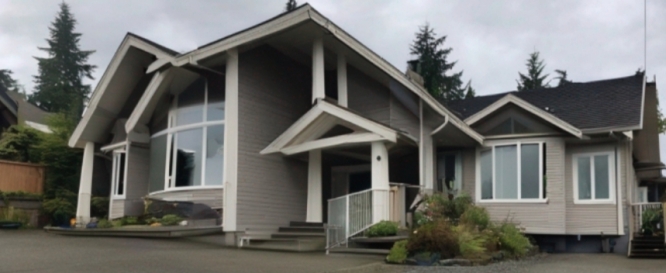How a non resident can buy a house in Comox Valley?
Can a non resident buy a house in Comox Valley?
Yes, non-residents can buy a house in Comox Valley, British Columbia, Canada. There are no restrictions on property ownership based on residency status in Canada. However, it is advisable for non-residents to consult with a real estate professional or lawyer to understand the legal and financial implications of purchasing a property in Canada.

Research and familiarize yourself
Begin by researching the real estate market in Comox Valley. Learn about the different neighborhoods, property prices, and the overall housing market conditions.
Financing
Determine your financing options. Some non-residents may have difficulties securing a mortgage in Canada, so it is recommended to consult with a Canadian bank or mortgage broker to understand what financing options are available to you.
Retain a local real estate agent
Find a reputable real estate agent who is experienced in working with non-resident buyers. They will guide you through the process, answer your questions, and help you find suitable properties.
Obtain a Canadian lawyer
It is crucial to work with a Canadian lawyer who specializes in real estate transactions to ensure all legal requirements and obligations are met. They will guide you through the purchase process, review contracts, and handle the necessary paperwork.
Secure a Canadian bank account
Open a Canadian bank account to facilitate the financial transactions related to the property purchase. This account will be required for depositing funds for the purchase, paying fees, and handling other financial obligations.
Visit Comox Valley
Plan a visit to Comox Valley to physically view properties. This will give you a better understanding of the area and allow you to assess properties in person.
Make an offer
Once you have found a suitable property, work with your real estate agent to make an offer. The offer will include the purchase price, any conditions or contingencies, and the desired closing date.
Complete due diligence
Conduct a thorough inspection of the property to ensure there are no hidden issues. Hire a home inspector to assess the property’s condition and identify any potential problems that may affect your decision.
Secure financing
If you require a mortgage, work with your chosen lender to complete the necessary paperwork and provide any required documentation. This step will involve credit checks, income verification, and assessment of the property’s value.
Close the deal
Once all conditions have been met and financing is secured, work with your lawyer to finalize the purchase. This will involve signing the necessary documents and transferring funds for closing costs, fees, and the property purchase price.

Remember, it is crucial to stay informed on Canadian laws and regulations regarding non-resident property ownership, and consult with professionals throughout the process to ensure a smooth and successful purchase.
